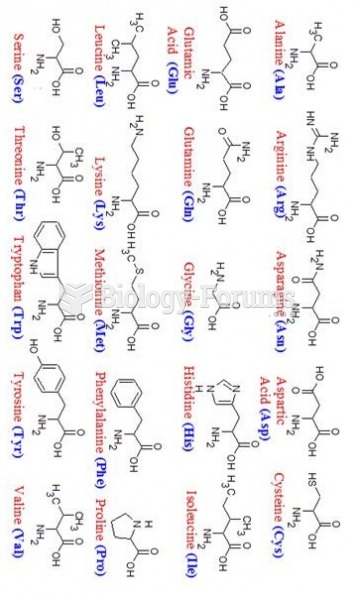|
|
|
The human body's pharmacokinetics are quite varied. Our hair holds onto drugs longer than our urine, blood, or saliva. For example, alcohol can be detected in the hair for up to 90 days after it was consumed. The same is true for marijuana, cocaine, ecstasy, heroin, methamphetamine, and nicotine.
There are 20 feet of blood vessels in each square inch of human skin.
Only 12 hours after an egg cell is fertilized by a sperm cell, the egg cell starts to divide. As it continues to divide, it moves along the fallopian tube toward the uterus at about 1 inch per day.
Between 1999 and 2012, American adults with high total cholesterol decreased from 18.3% to 12.9%
Human stomach acid is strong enough to dissolve small pieces of metal such as razor blades or staples.







